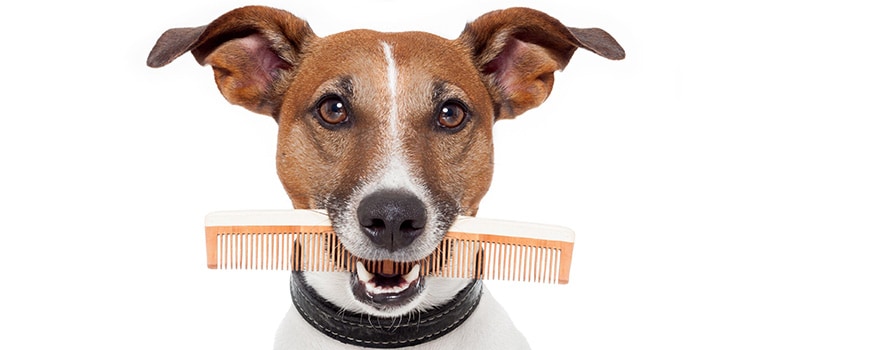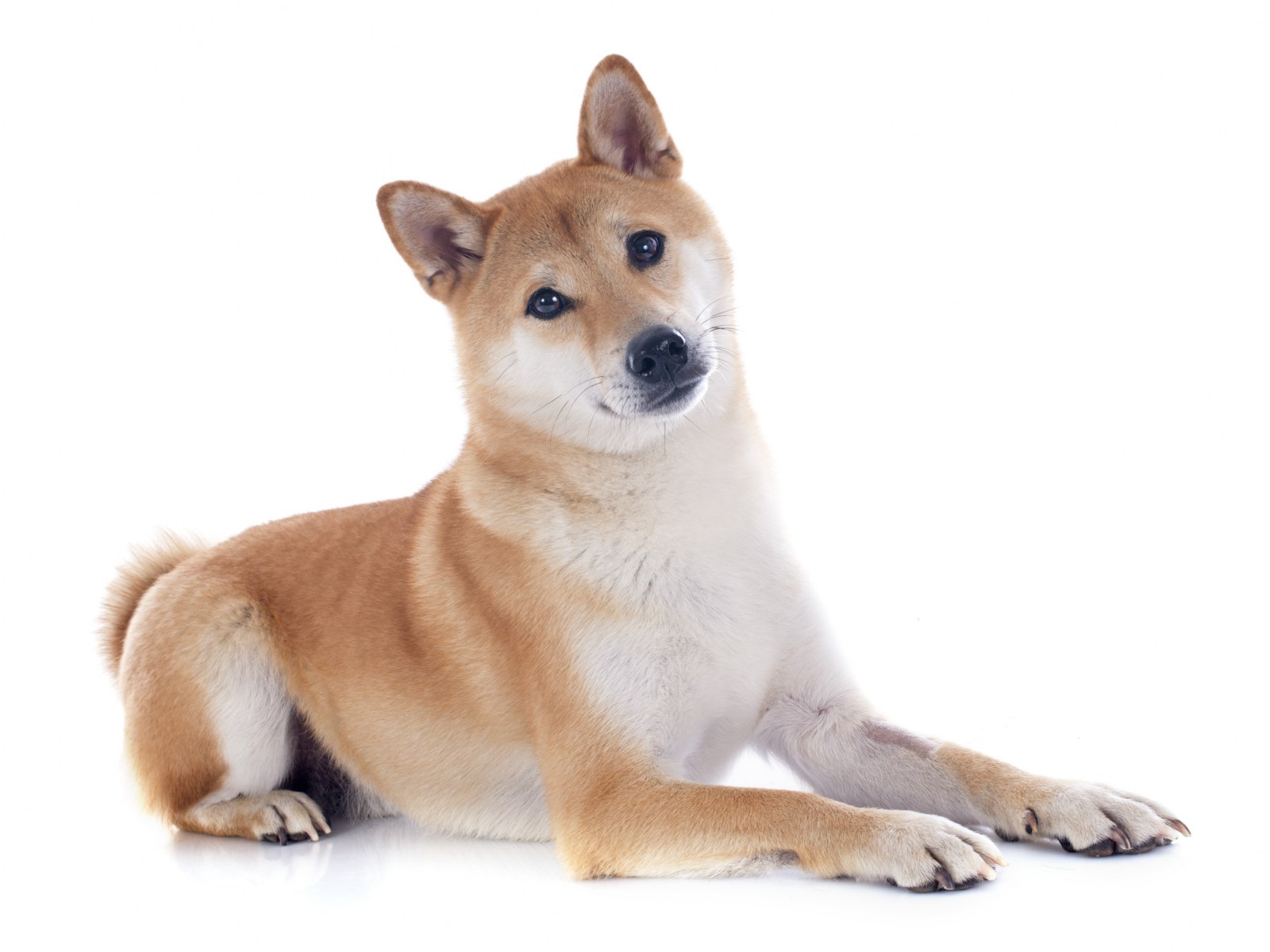These days lots of humans a nd pets alike suffer from allergies. Allergies are hypersensitive bodily reactions to allergens, which can enter the body in one of three ways: inhalation, ingestion and absorption via the skin. Some may be minor in their effects, but others can be severely debilitating and troublesome. Finding out the cause of different dog allergies can take a bit of time.
nd pets alike suffer from allergies. Allergies are hypersensitive bodily reactions to allergens, which can enter the body in one of three ways: inhalation, ingestion and absorption via the skin. Some may be minor in their effects, but others can be severely debilitating and troublesome. Finding out the cause of different dog allergies can take a bit of time.
A lot of allergies cause skin reactions, which will be referred to as dermatitis, and often a trip to the vet can result in a prescription for steroids, which mask the problem rather than sort it out. In this post we’ll give you some ideas that may help towards solving the problem should your pet be unfortunate enough to suffer from one or more allergies.
Parasitic Allergies
One of the easiest categories to identify and solve is allergies caused by external parasites. Often the pet is allergic to the saliva of fleas, or lice. Their bites, together with the parasites’ movement, will cause intense irritation: the animal will scratch and scratch and nibble at specific areas to relieve it. If not controlled, this scratching can cause open wounds and areas of distressed skin.
Flea, tick and louse treatments, which can be in shampoo, spray or spot-on formulations, will easily solve this problem. Remember also to spray the home and bedding, too. Always carefully and fully read instructions on using these products as you will only derive the maximum benefit when they are used correctly.
Contact Allergies
Another category of allergy is the contact allergy. This is, as its name suggests, an allergic reaction to something with which the dog comes into direct contact, be it a natural material or manufactured product. The area that comes into contact with the offending substance will become red, raw and inflamed, and this can lead to constant scratching. By way of example, some dogs can be allergic to walking on grass, especially if it has been freshly cut. This can result in the dog’s feet and toes becoming irritated.
Other animals may be allergic to carpeting made from synthetic fibers, and will be affected on their tummies and the underside of their legs – the areas that come into contact with the carpet when they lie down. This type of allergy can also be caused by cleaning products used on carpets, especially the type that is shaken on in powder form and then vacuumed off. A lot of pets can be irritated by this. If your dog’s irritation is only on its legs and undercarriage, the chances are that this is the result of a contact allergy.
Another group of products that can cause contact allergies are washing powders, which may be used to clean the dog’s bedding or perhaps the detergents used to wash towels used to dry a dog coming back wet from a walk. Again, this causes irritation, redness and possibly lack of hair growth. Changing to a different cleaning product should help.
Food Allergies
The causes of other dog allergies that affect the whole body can be manifold, but one of the biggest is probably food. Many of today’s complete meals used to feed pets contain a large collection of varied ingredients and additives. As with people, some dogs now have developed intolerances to substances like lactose, gluten, wheat, etc. , which may be found in prepared pet food products. Food allergies may result in patches of redness on the skin and constant scratching.
If you think that your dog has a food allergy, try changing to another product or make up your own natural diet. If you want to try to analyze your dog’s reactions to specific foods, remember it takes between four to six weeks before a new diet will have worked its way through the body. So don’t look for instant results – you need to be patient.
Inhalant Allergies
Dogs can also be upset by air fresheners and fragrances used in room diffusers, so use them with caution. Some dogs also suffer from hay fever – another example showing that in many ways dogs can be as allergic to allergens present in their environment as we can. Discovering the cause of an allergy can often be time consuming and taxing, but persevere for your dog’s sake.

